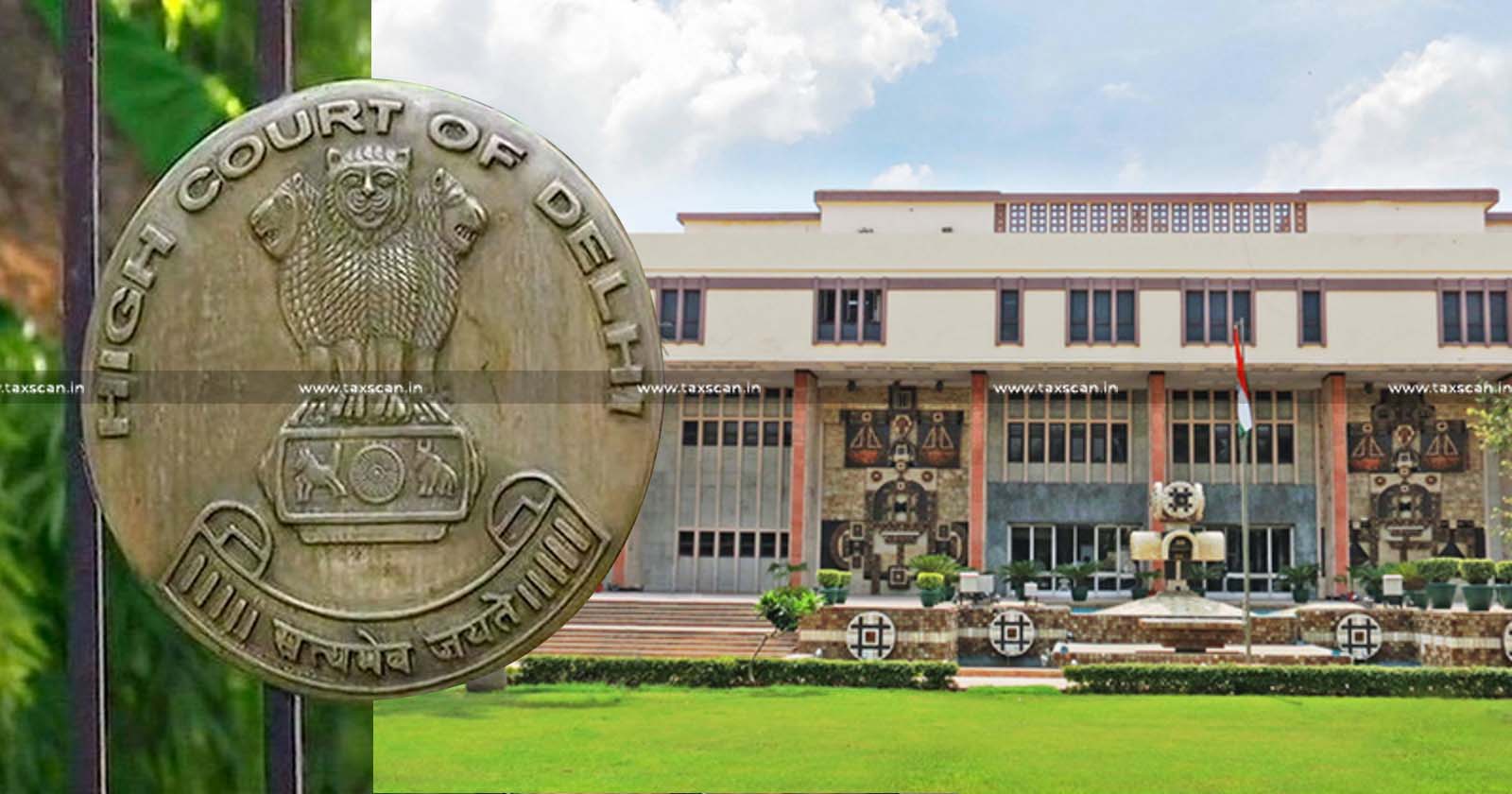Delhi High Court Rejects Tax Commissioner’s Appeal Citing “Unjustifiable Delay”; “Law of Limitation” Applies equally to All Litigants Including Govt. Entities [Read Order]

Delhi High Court Rejects Tax Commissioners Appeal Citing – Unjustifiable DelayLaw of Limitation – Applies equally to All Litigants Including Govt Entities – TAXSCAN
Delhi High Court Rejects Tax Commissioners Appeal Citing – Unjustifiable DelayLaw of Limitation – Applies equally to All Litigants Including Govt Entities – TAXSCAN
The High Court of Delhi has dismissed the appeal filed by the Principal Commissioner of Income Tax citing an “unjustifiable delay” of 498 days in filing the appeal under Section 260A of the Income Tax Act, 1961. The court emphasised that the “law of limitation” applies to all litigants, including government entities and bodies, and that delays cannot be condoned without a valid and sufficient reason.
The appellant revenue, the Principal Commissioner of Income Tax, was represented by Mr. Shailendera Singh, Ms. Dacchita Shahi, Mr. Viplav Acharya, and Mr. Akash Saxena while the respondent, M/s. National Fertilizers Ltd. was represented by Mr. Ved Jain, Mr. Nischay Kantoor and Ms. Soniya Dodeja.
The issue arose when the appellant revenue filed an appeal against the order passed by the Income Tax Appellate Tribunal (ITAT), but the appeal was filed 498 days after the prescribed time limit.
The bench held that delays without valid and sufficient reasons should not be condoned and tolerated, even when government entities are involved in legal proceedings. The bench emphasised that delays should not be condoned merely because the government is a party to the case and stressed that the law of limitation applies equally to government entities and individuals.
The court highlighted the provisions of Section 260A(2A) of the Income Tax Act, 1961 which allows for the condonation of delay if there is a “sufficient cause” for not filing the appeal within the prescribed 120 days period. However, the court noted that the appellant had failed to provide a reasonable explanation for the delay.
The bench discussed the liberal interpretation of “sufficient cause” in the context of the Limitation Act, 1963 and acknowledged the need for reasonable explanations for delays.
The bench cited various judgments including the Supreme Court decision in P.K. Ramachandran vs. State of Kerala, which clarified that inordinate delays should not be condoned without a reasonable explanation. The court also referred to the case of Union of India vs. Wishwa Mittar Bajaj & Sons, wherein it was stressed that government departments must provide proper explanations for delays and cannot rely on routine excuses.
The court quoted the Supreme Court judgment in Bherulal vs. State of Madhya Pradesh & Ors, which criticised the government’s use of delay condonation as an anticipated benefit and called for government officials to be held accountable for their negligence.
The bench pointed out that the legislature had already granted a relatively lengthy period of 120 days to the revenue to file appeals, making it imperative for the government to justify any delays beyond this period.
The court found that the appellant’s delay condonation application was devoid of any substantive explanation for the 498 days delay and appeared to be a standard form with the number of days filled in later.
The bench expressed its frustration with the casual approach of government officials in handling legal proceedings, calling for stricter scrutiny and penalties for such delays.
In conclusion, the Delhi High Court emphasised that it was time for government officials to abandon outdated and inefficient working practices. It called for a shift from lethargy to due diligence to prevent justice from being delayed due to dereliction, default, negligence and indifference.
The division bench comprising Justice Rajiv Shakdher and Justice Girish Kathpalia concluded that the principle of “law of limitation” applies equally to all litigants, including government entities. It stressed the need for government officials to exercise diligence and adhere to prescribed time limits when filing appeals, as delays can result in the loss of valuable rights for the opposing party and have financial implications for the exchequer.
To Read the full text of the Order CLICK HERE
Support our journalism by subscribing to Taxscan premium. Follow us on Telegram for quick updates


